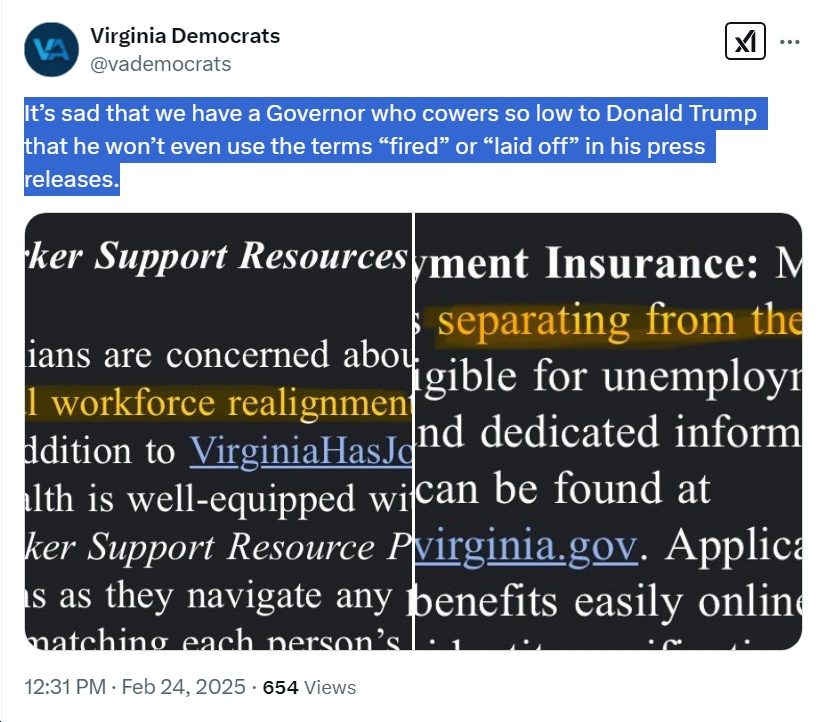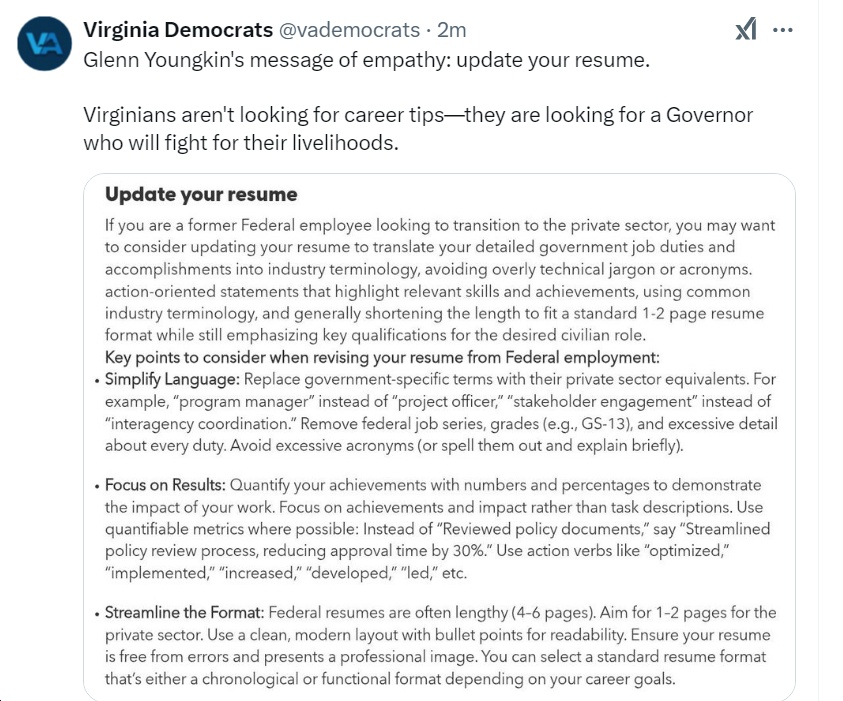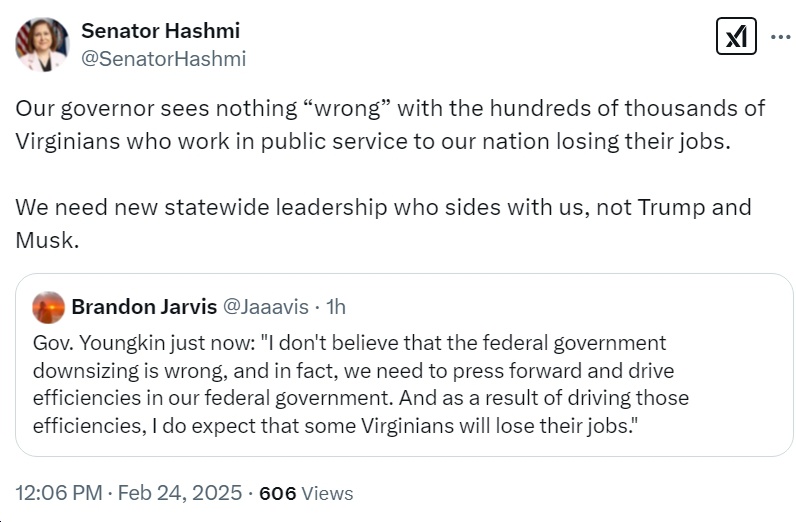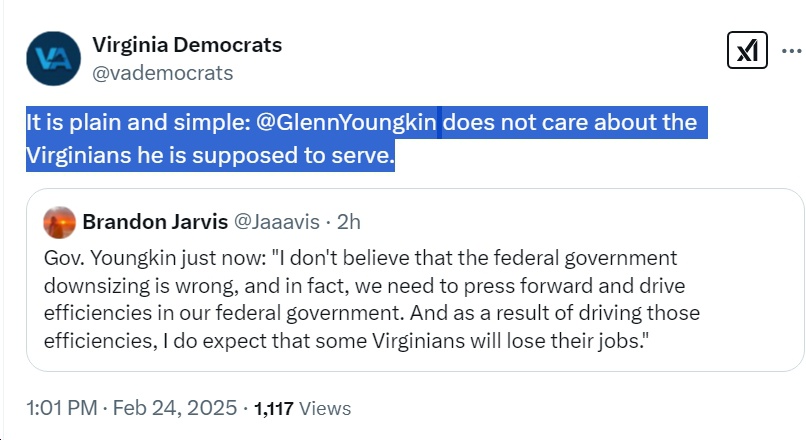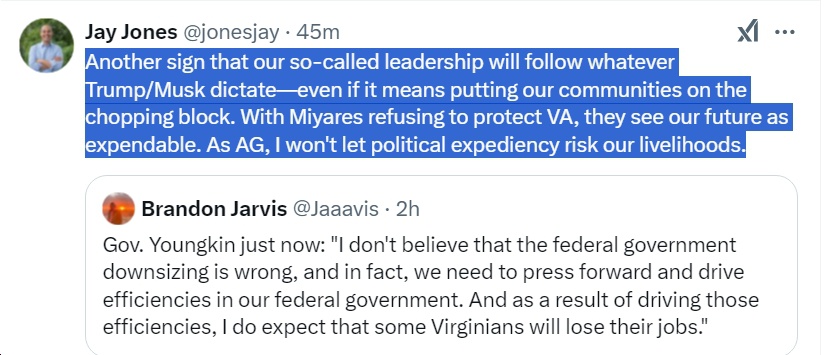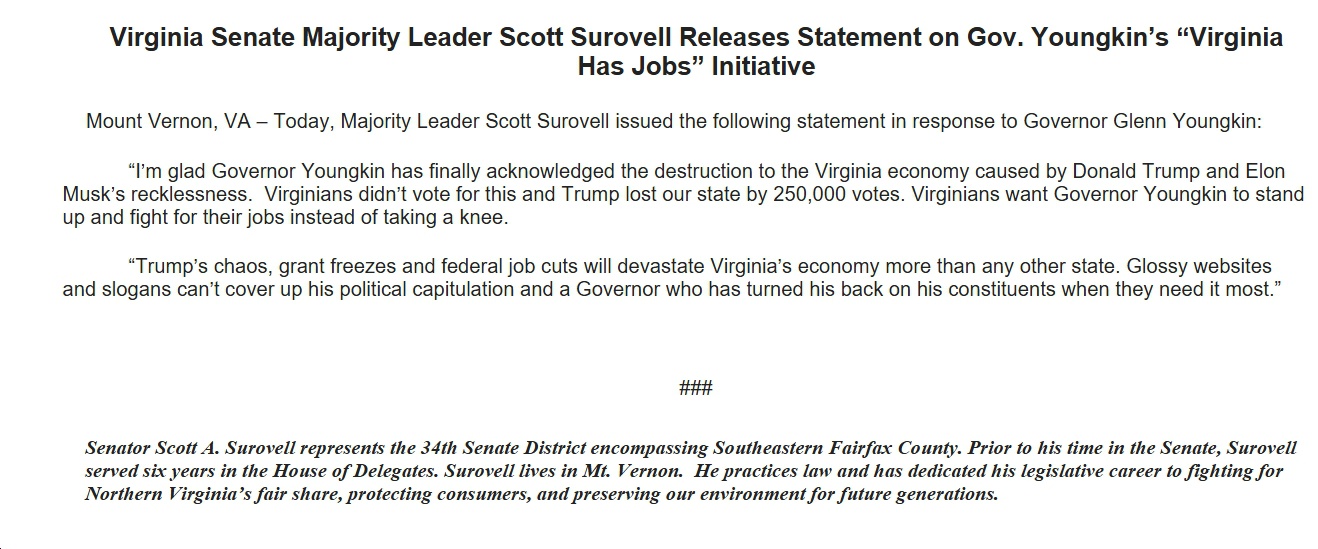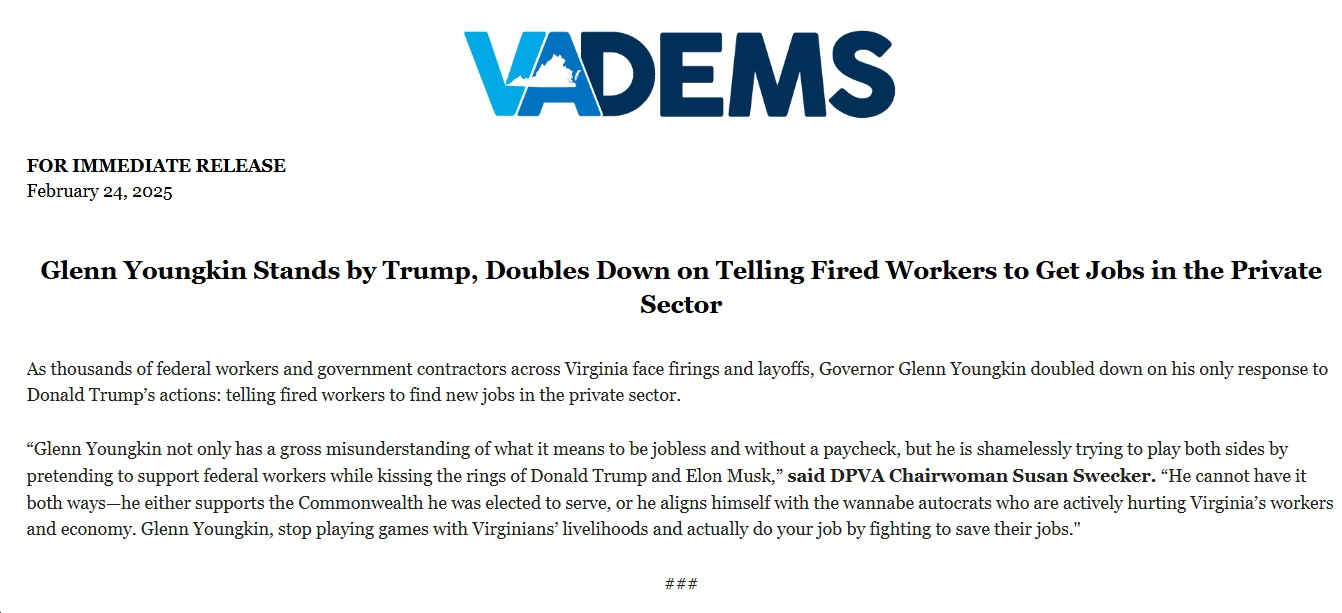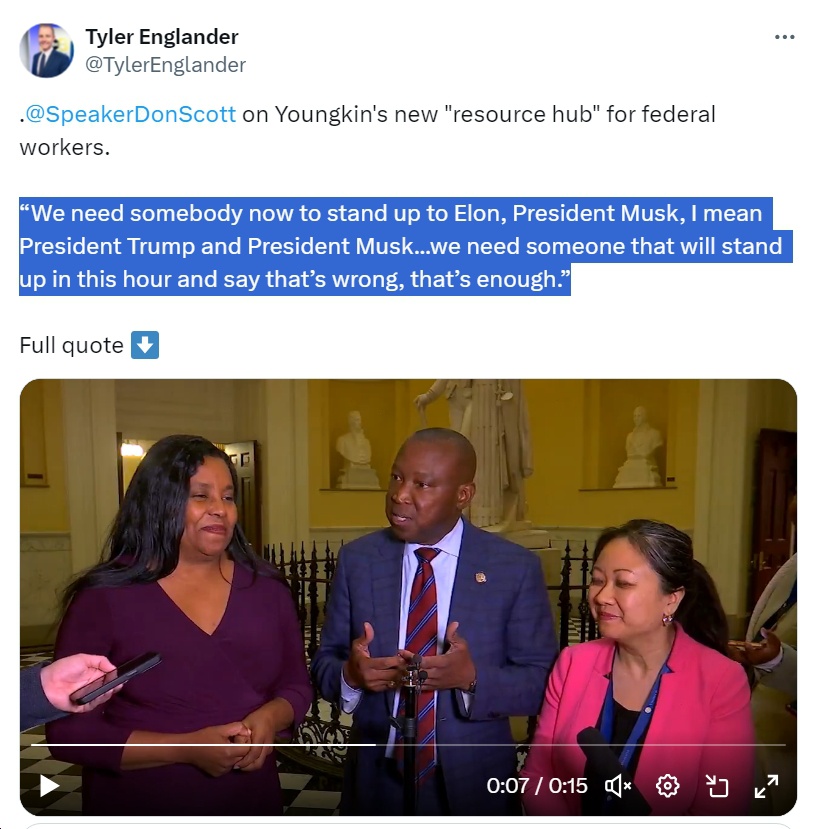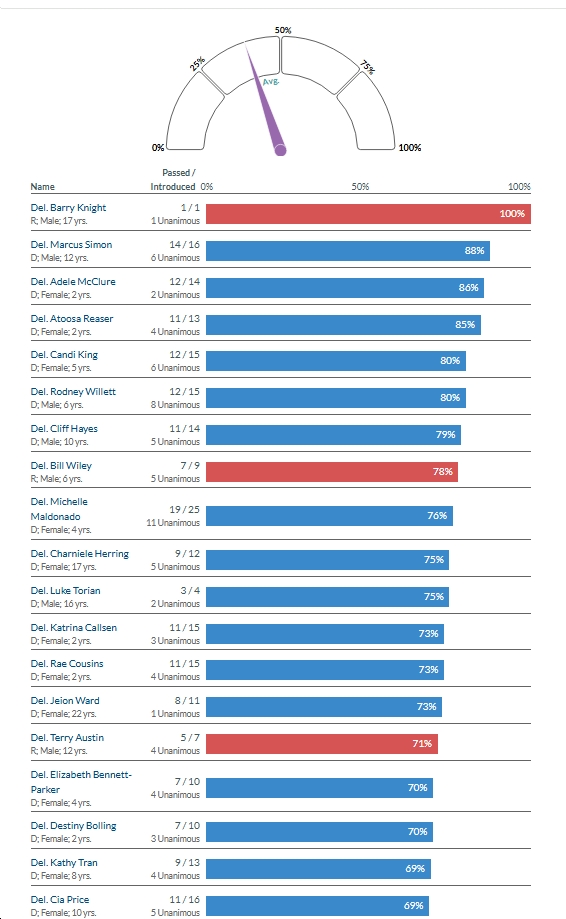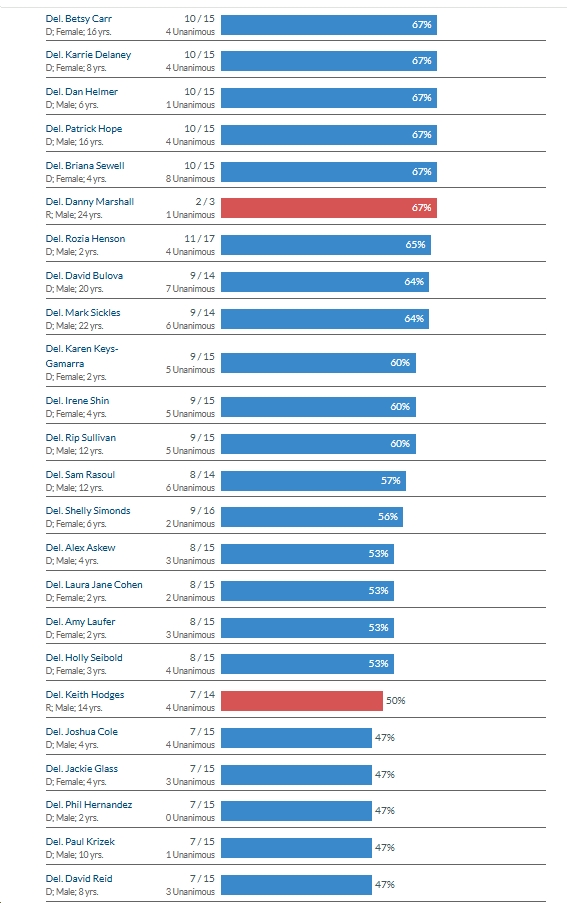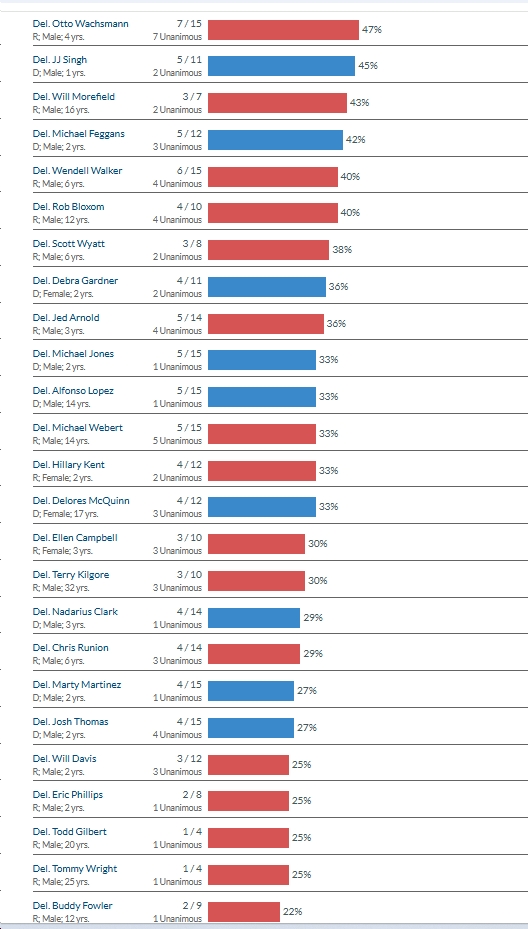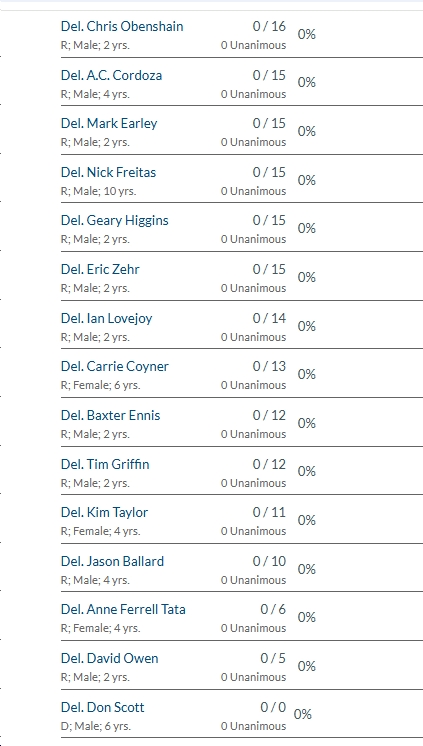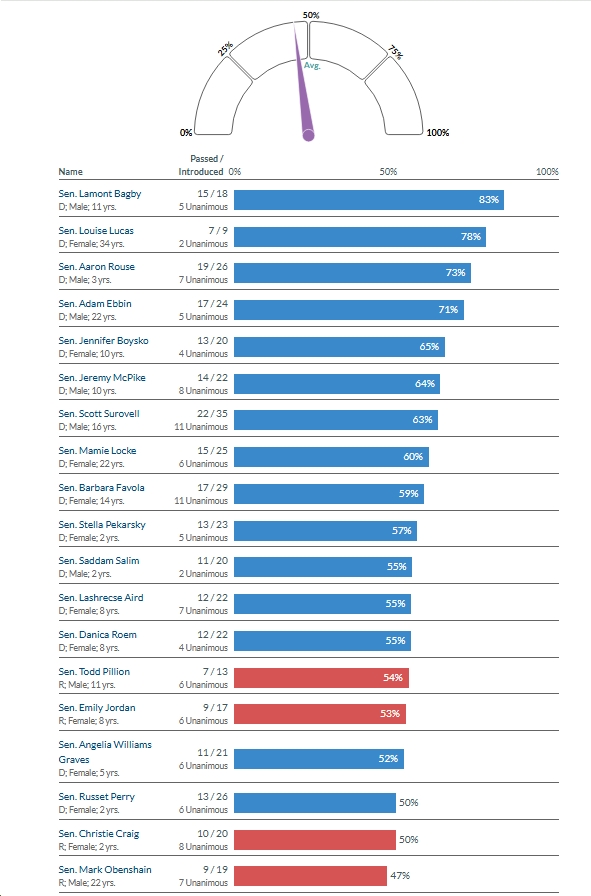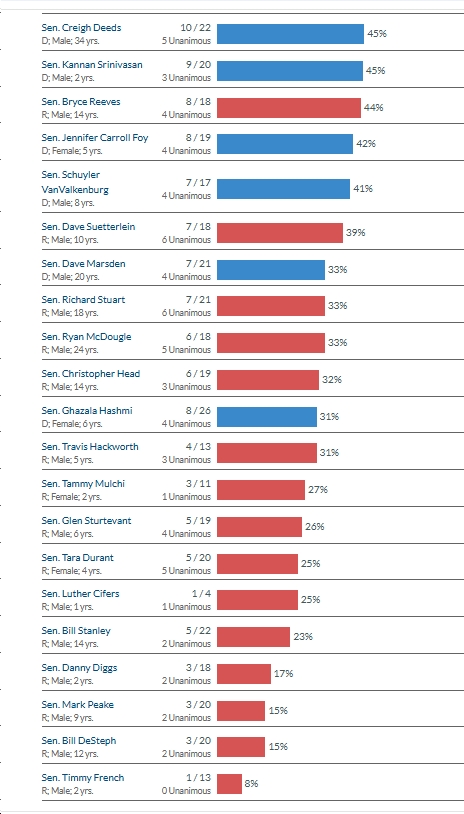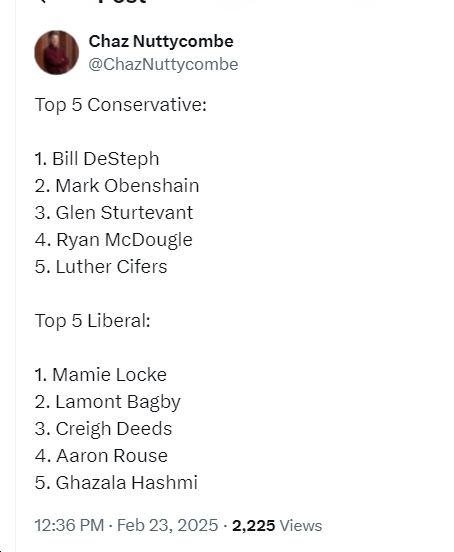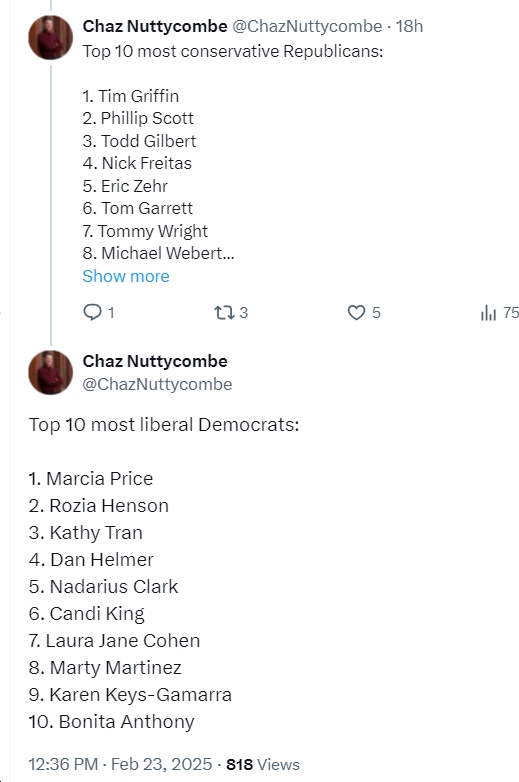Tuesday News: “Trump Puts America’s Foes Before Its Old Friends”; Unlike Republicans, Zelenskyy Is a “Man Who Actually Stands Up to Trump”; “‘It’s bedlam’: Federal workers in limbo over Musk’s email mandate”; “It’s a Psyop”; “FBI agents express shock and dismay [over Dan Bongino]”
by Lowell
Here are a few international, national and Virginia news headlines, political and otherwise, for Tuesday, February 25.
- In Rome, talks to protect Earth’s biodiversity resume with money topping the agenda
- Crucial UN nature talks are about to reopen in Rome – but will enough countries turn up?
- Most conservation funds go to large vertebrates at expense of ‘neglected’ species (“Study shows funding bias towards animals like rhino while other endangered species including amphibians and algae disregarded”)
- EU offers its own ‘win-win’ minerals deal to Ukraine (“The added value Europe offers is that we will never demand a deal that’s not mutually beneficial”)
- Putin Dangles Rare Earths Deals for U.S. in Russia and Occupied Ukraine
- U.S. votes against U.N. resolution condemning Russia for Ukraine war
- US joins Russia to vote against UN resolution condemning Russia’s war against Ukraine
- A Man Who Actually Stands Up to Trump (“Zelensky’s very presence reprimands everyone who surrendered to Trump.”)
- Putin’s Three Years of Humiliation (“The Russian president can’t win his war against Ukraine unless he persuades its allies to betray it.”)
- Trump expresses hope Russia’s war in Ukraine is nearing an endgame as he meets with France’s Macron
- Macron the ‘Trump whisperer’ works his magic but US and Europe remain an ocean apart (“Mixing flattery and firmness, the French president sought to heal the transatlantic schism over Ukraine, giving Keir Starmer a tough act to follow”)
- Trump, Macron display stark differences on Ukraine despite friendly veneer
- Without U.S. Aid, Ukraine Would Lose Some of Its Most Sophisticated Weapons
- A Sad Day for the U.S. at the U.N. (“The land of the free votes with Russia on a Ukraine war resolution.”)
- At the UN, the US delegation voted with some of its most sworn adversaries. What that means
- As Trump touts his dealmaking ability on Ukraine, Macron warns against a ‘weak’ agreement
- US Refuses to Blame Russia for Ukraine War in Extraordinary Break With Allies (“The G-7 also failed to issue a joint statement marking the third year since the start of the war.”)
- Trump Puts America’s Foes Before Its Old Friends
- Taiwan Watches Trump Undercut Ukraine, Hoping It Won’t Be Next
- Resurgence of Germany’s Left exposes fragmented, polarised electorate
- Conservatives Win in Germany, But New Chancellor Will Be Limited in Ability to Make Big Changes to Climate and Energy Policy (“The Christian Democrats are forming a new coalition, with plans that include a possible restart of nuclear power.”)
- Nearly 200K sign petition to revoke Musk’s Canadian citizenship (How about his US citizenship?)
- Pope Francis ‘slept well’ through night but remains in critical condition
- ‘No rules’: Gaza’s doctors say they were tortured, beaten and humiliated in Israeli detention (Wildly unacceptable and disgraceful behavior.)
- Trump says tariffs on Canada and Mexico ‘will go forward’ (Trump is a stone-cold imbecile.)
- Data centers are overwhelming the grid. Could they help it instead? (“The boom in AI and data centers could drive increased reliance on fossil fuels. But there are better, cleaner options.”)
- Supreme Court turns back challenges to laws keeping abortion opponents away from clinics, patients
- Dan Bongino is proof that Donald Trump wants politicized law enforcement
- Trump’s New Deputy F.B.I. Director Has It Out for the ‘Scumbag Commie Libs’ (Now THIS is a good headline by the NY Times; of course it’s in the opinion section, even though it’s 100% factual, no reason it couldn’t be in the news section.)
- How Dan Bongino Went From Infowars to FBI Deputy Director
- FBI agents express shock and dismay over naming of right-wing podcaster to No. 2 post (That shock is for good reason; this is HORRIFYING!)
- LGBTQ Federal Workers Brace for a McCarthyist Purge (“They’re not asking people, ‘Are you gay? Are you lesbian?’ They’re asking, ‘Who is participating in DEI?’” )
- Oversight agency finds Trump’s federal worker firings unlawful, asks for some employees to be reinstated
- Government Oversight Agency Rules Elon Musk’s Mass Firings Are Illegal
- ‘It’s bedlam’: Federal workers in limbo over Musk’s email mandate
- Judge Questions Constitutionality of Musk’s Cost-Cutting Operation (HORRENDOUS headline by the NY Times – this is NOT a “cost-cutting operation,” that’s a flat-out lie!)
- F.D.A. Reinstates Fired Medical Device, Food and Legal Staffers
- Trump Administration Highlights: Personnel Officials Say Musk’s Directive Is ‘Voluntary’
- Musk Threatens Workers With 2nd Ultimatum in New DOGE Chaos
- Elon Musk’s Estranged Daughter Vivian Rips Into Grandfather (“Vivian Wilson was apparently not impressed with Errol Musk’s latest interview.”)
- Trump urged Musk to get more aggressive. 48 hours of chaos followed.
- ‘It’s a Psyop’ (“Elon Musk told federal workers they needed to justify themselves—or else. Then the administration changed its mind.”)
- Nearly 40% of contracts canceled by DOGE are expected to produce no savings
- Trump administration tells agencies they can ignore Musk order on email reply
- Federal workers and agencies push back against Elon Musk’s email ultimatum
- HHS warns employees that responses to Elon Musk’s email may ‘be read by malign foreign actors’
- Elon’s Email Demand Is Being Met With ‘Very Rude’ Flood of Spam
- Trump backs off Musk’s 5 things threat — sort of
- Elon Musk inadvertently sets off a Trump Cabinet rebellion
- Musk’s latest stunt suggests DOGE is running out of ideas
- Government funding deal ‘very close’ as negotiations hinge on Trump power struggle
- Budget won’t be changed to address Medicaid concerns, Johnson says
- It’s crunch time for Mike Johnson and the GOP’s ‘big, beautiful bill’ (“The House speaker is set to put a budget resolution up for a floor vote today but is facing a potential revolt from swing-district Republicans.”)
- Johnson knows situation is dicey: ‘Just pray this through for us’
- Acting IRS commissioner to retire amid agency disruptions
- Stefanik’s Confirmation Is on Ice as Republicans Guard Their Scant Majority
- Federal judge declines to temporarily restore AP’s full access to White House (Every other media outlet should have walked out in solidarity. The fact that they haven’t done so tells you a GREAT deal about the news media in this country – cowards who care overwhelmingly about maintaining their precious “access”)
- Trump’s New Muslim Ban Is Worse Than His First (Really raises the question, yet again, of why any Muslim would have voted for Trump.)
- What Would a Liberal Tea Party Look Like? (“Democrats might have a chance to replicate the energy of the 2009 grassroots movement—if they actually want to.”)
- Their civil service careers had just begun. Now they wonder: What’s next?
- Mitch McConnell is retiring from US politics. Good riddance
- Rep. Mark Alford tells fired KC federal workers ‘God has a plan’ at hostile town hall (What a f’ing imbecile.)
- AI video of Trump kissing Musk’s feet plays on TVs in HUD building (LOL)
- Dan Crenshaw appears to threaten Tucker Carlson in hot mic moment (“The congressman denied threatening the pundit. — A Republican congressman from Texas was caught on a hot mic Monday apparently threatening to kill former Fox News host Tucker Carlson.”)
- This Shocking Moment at a GOP Town Hall in Idaho Is a Foreboding Sign
- Coeur d’Alene prosecutors dismiss citation against woman dragged from town hall, city revokes security company’s business license (Those security company people should face charges.)
- Clint Hill, Secret Service agent who leaped onto JFK’s car after the president was shot, dies at 93
- Video: Rep. Eugene Vindman (D-VA07) Rips Trump for Having “pretty much given away the farm” on Ukraine and for His “lawful but awful” Firings of Top Military Leadership (Rep. Vindman has really been rising to the occasion – very impressive.)
- Ranking Members Gerry Connolly and Suhas Subramanyam Launch Investigation Into Trump’s Abrupt Firing of Senior Military Leaders, Call for Transparency
- Tim Kaine to Glenn Youngkin on federal job cuts: ‘Stand up for Virginians’
- Glenn Youngkin: “I don’t believe that the federal government downsizing is wrong” (“It’s sad that we have a Governor who cowers so low to Donald Trump…”)
- The Youngkin-Sears Administration’s Message of Empathy: Update Your Resume
- Virginia Gov. Youngkin touts new state website for fired federal workers (The fact that THIS is the WaPo’s headline is PATHETIC. In fact, the headline should have been about Youngkin’s callous disregard for federal workers, his support for “DOGE,” his WILD – and verifiable! – lies about supposed “waste, fraud and abuse” that Musk has supposedly found, etc. Instead, we get stenography from the WaPo. Disgraceful excuses for “journalism”…can’t even express my level of contempt for these people.)
- Youngkin says he’s OK with federal firings, announces website to help workers find new jobs (Not perfect either, but a better headline from the Virginian Pilot than by the Bezos Post.)
- Youngkin talks federal cuts and resources for fired employees, while Democrats want him to stand up to Trump
- 2 years after uproar over Va. history standards, most course guides unpublished (What a fiasco – Youngkin’s been a disaster for Virginia public education, exactly as predicted in 2021.)
- VIDEO: Virginia House Democrats Launch Early Advertising Targeting At Risk House Republicans (“Virginia House Republicans are too busy taking orders from Donald Trump and his billionaire handler Elon Musk to fight for the people they were elected to serve”)
- VPAP Stats: VA Democratic Legislators Overwhelmingly Had the Highest “Batting Averages” in 2025; Lots of Low Scores and Zeroes Among Republicans (Far-right Del. Nick Freitas, for instance, is now 1/44 over the past three years)
- The 25 most overlooked bills the General Assembly passed
- High-tech traffic safety bill clears final hurdle in Virginia
- Unlikely allies unite for probation reform, but Youngkin has final say
- Funding for rural EV charging stations clears legislature, heads to governor’s desk
- Editorial: Rally behind families, law enforcement following tragic deaths of two officers
- UVA’s board to consider findings of medical center probe
- CWG Live updates: Highs may surpass 60 next three days


